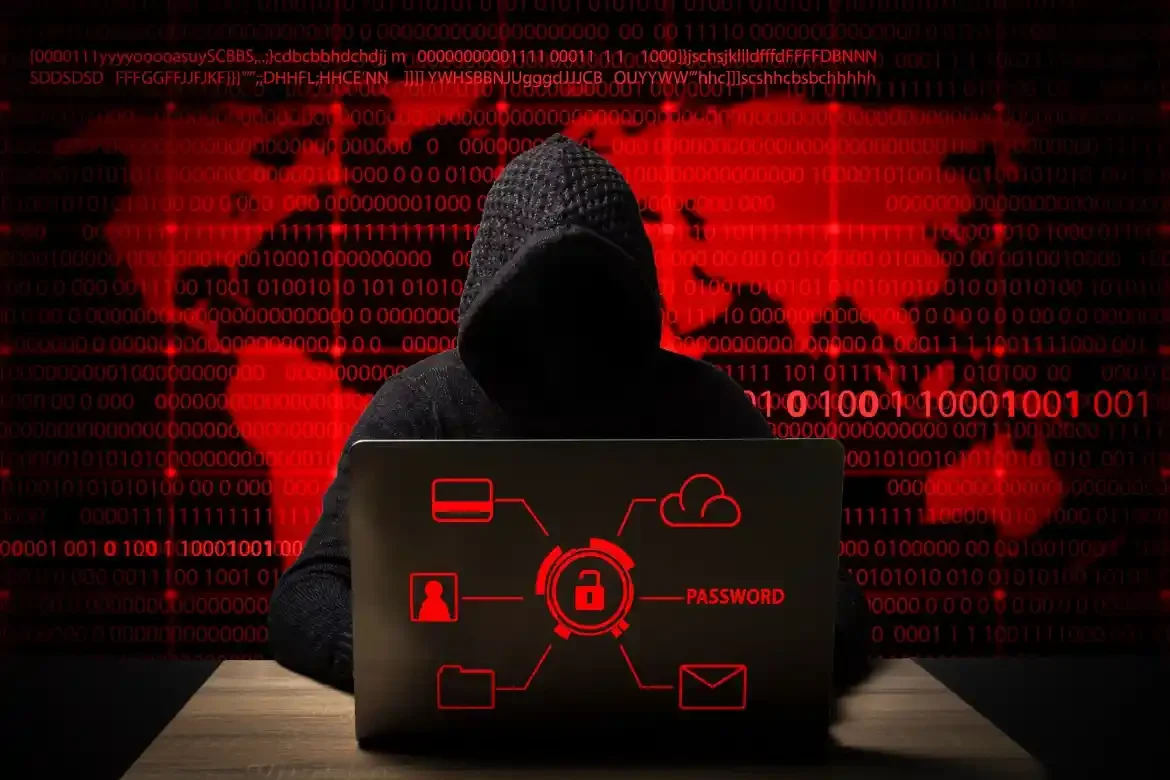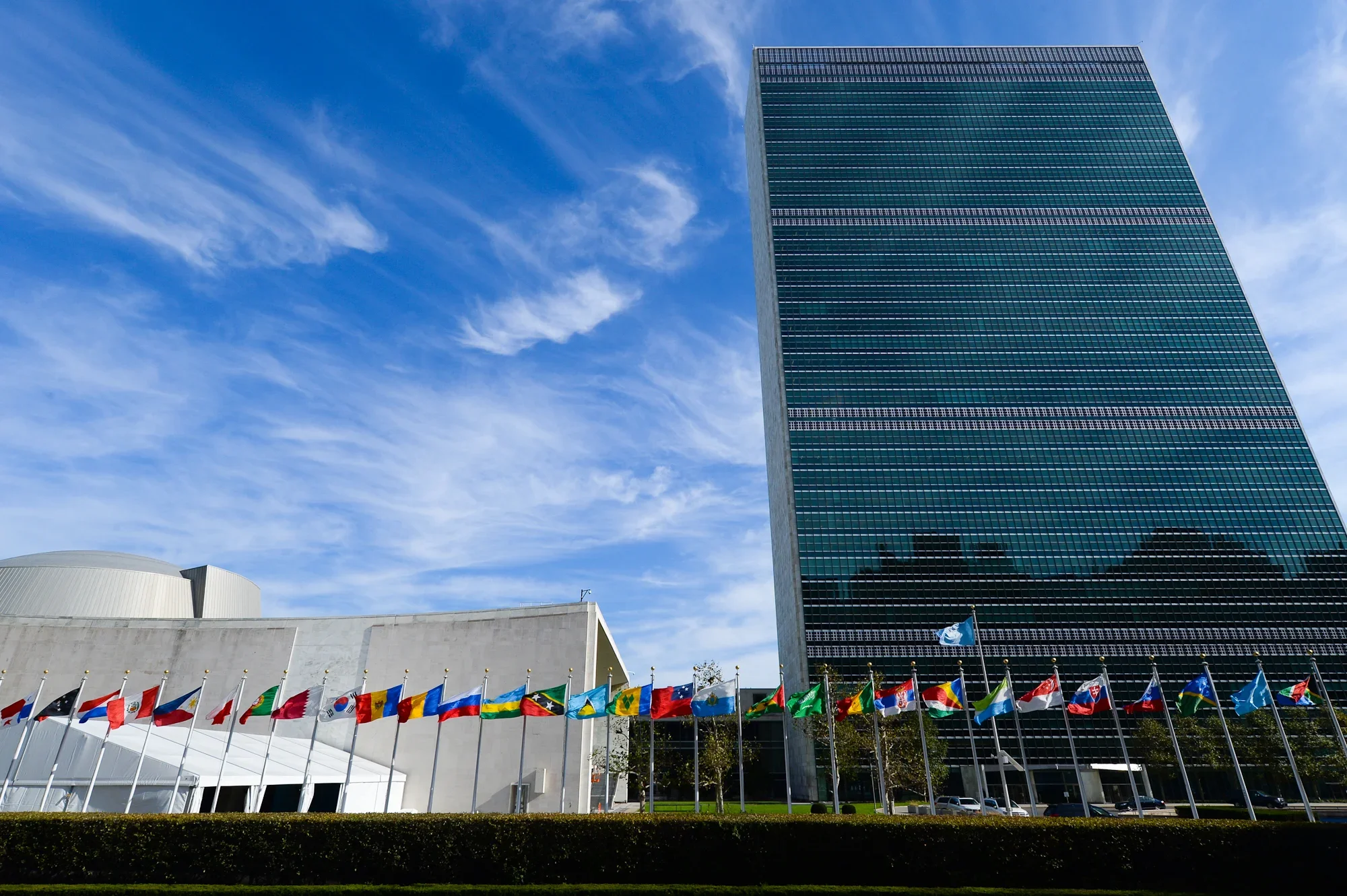General Assembly Committees
General Assemblies generally consist of 25-50 delegates!
Cyber Attack
Double Delegate
The Disarmament and International Security Committee
The technologies of science fiction have breached reality: The rapid evolution of biotechnology and artificial intelligence is sweeping data security and warfare into a new age. In a timely convention, this double-del DISEC will bring emerging technologies under international oversight: In research laboratories, the committee will renew ethical standards in genetic engineering such as CRISPR, develop compliance strategies, and regulate its dual use in peace and war. Shifting into the volatile cyberspace, delegates will weigh data security and data access given an abundance of approaches, from satellite hacking to cryptography. Entering warzones, the committee will regulate the research, iteration, and deployment of neurotechnology, autonomous weapons, and cyberattacks. Throughout rigorous negotiations, delegates must stay informed of existing policies and potential threats surrounding cutting-edge technology, in pursuit of global security and ethical governance.
Peace & Security
Single Delegate
The United Nations Security Council
In the aftermath of World War 2, the Allied nations proposed the creation of the UNSC, the horrors of war fresh in their memory. Set at the point of inception of the UNSC, delegates are tasked with negotiating the founding guidelines for the committee, a reinvention of the UNSC Charter. Delegates must weigh immediate priorities to resolve the fallout of the war, while anticipating future conflicts to craft a framework for lasting governance.
In the second phase, the newly founded UNSC will grapple with the looming threat of the Cold War. The committee will confront the threat of political hegemony, such as proxy wars and election interference in satellite states, along with global concerns over nuclear proliferation and national security. Armed with knowledge of the past, present, and future, delegates are uniquely positioned to reshape the foundation of the most powerful branch of the UN. Will the committee change the course of history for the better?
Single Delegate
The Economic and Financial Affairs Council
Global markets have grown ever more connected, but ever more fragile at the same time. In the Economic and Financial Affairs Council, ministers will confront two urgent challenges: the rise of cryptocurrency and the delicate task of economic reconstruction in post-conflict regions. Delegates will debate how to create a unified framework for the regulation of cryptocurrency that will combat its purpose in illicit finance while simultaneously preserving innovation. Committees will also design economic strategies to prevent relapse in post-conflict zones, focusing on infrastructure, governance, and job creation to bring stability. The stakes are high: trust in the global financial system is on the line. Will you safeguard it or risk an age of economic chaos?
Single Delegate
The EUROPEAN Union: 1999 Assembly of the European Commission
It’s 1999 and the euro has launched across 11 states. Europe stands at a turning point. With the European Central Bank in the driver’s seat, the EU must transform a bookkeeping unit into everyday money without triggering mass panic and speculation. Delegates will plan the minting and circulation of notes and coins, the phasing out of legacy currencies, and uphold the Maastricht treaty while preparing Eastern and Mediterranean candidates for their entrance into the union. At the same time, the EU must capture their tourism boom and transform it into long lasting growth. Delegates must focus on a streamlining of European tourism, implementing new technologies like the early internet to promote destinations and rebuild tourism in post-conflict zones. The challenge? Keep Europe stable while simultaneously pushing it forward.
Double Delegate
United Nations Commission on the Status of Women
Delegates in the Commission on the Status of Women (CSW) serve as global advocates for gender equality and the protection of women’s rights. Their role involves addressing issues such as human trafficking and violence against women in post-conflict regions, while considering the diverse cultural and political contexts that affect women worldwide.Your role as a committee is to advocate for the rights of women from the perspective of women. Tackling two major issues, human trafficking and violence against women in post conflict regions, you have to take into account differing cultural backgrounds across the globe, the ever-changing political state of the world, and the perspectives of the individual women who are impacted by these issues. CSW countries put individual women first, focusing on ensuring their safety, prosperity, and equality while also understanding the barriers that prevent these rights from being actualized.






